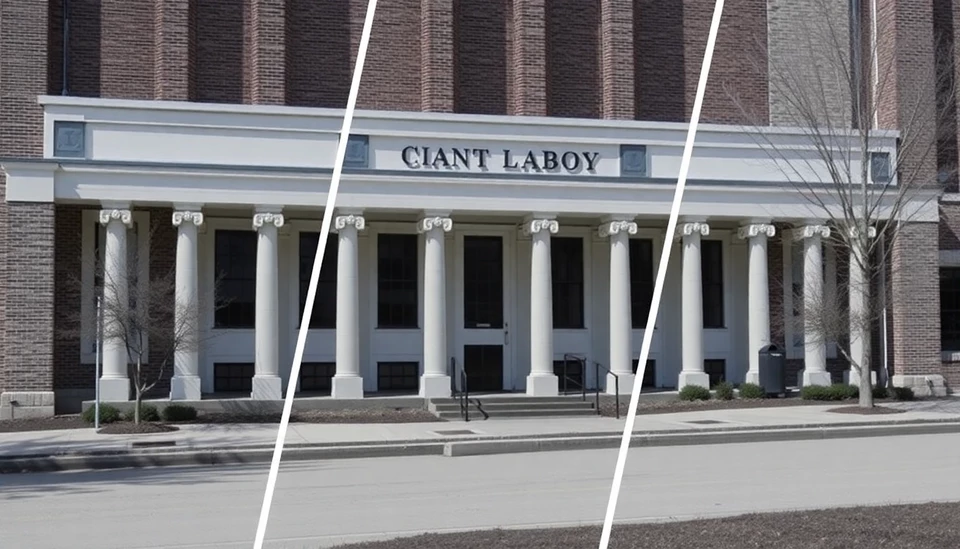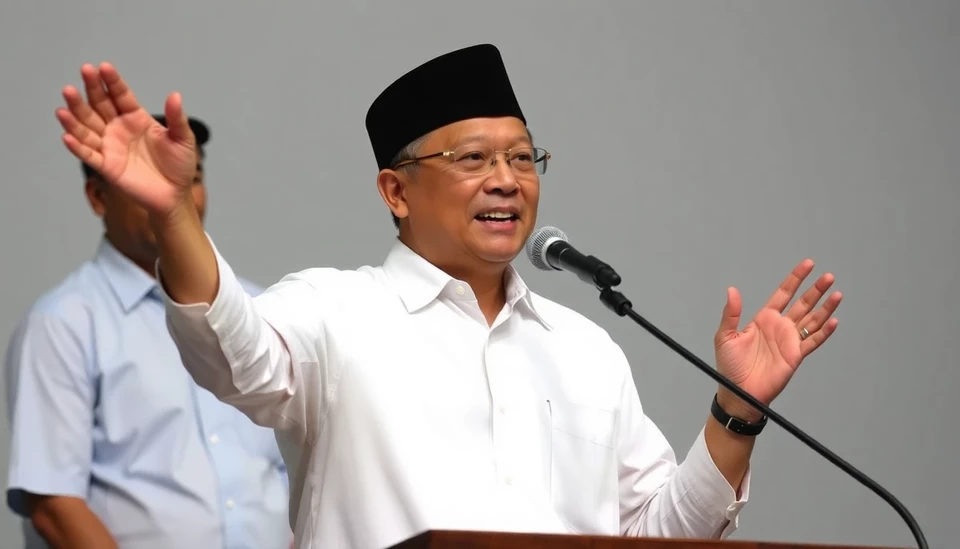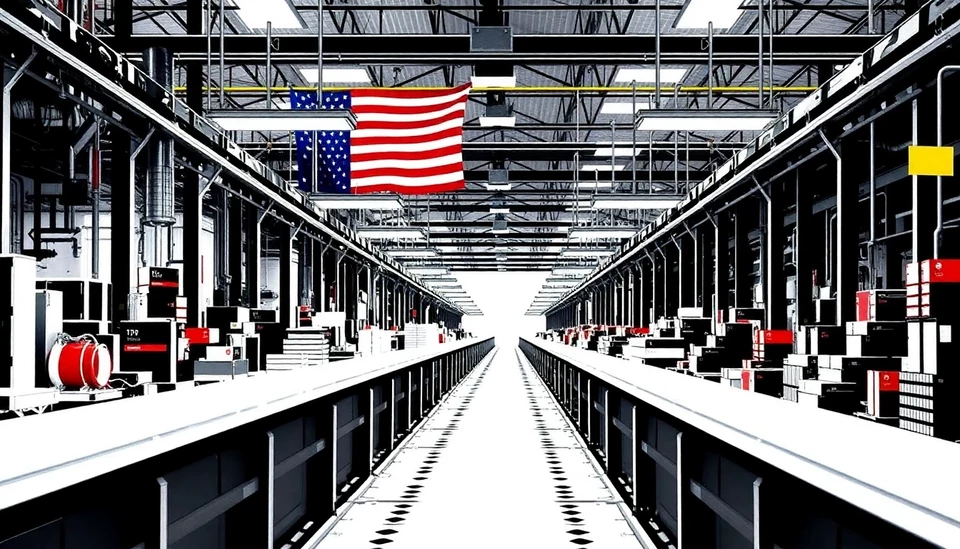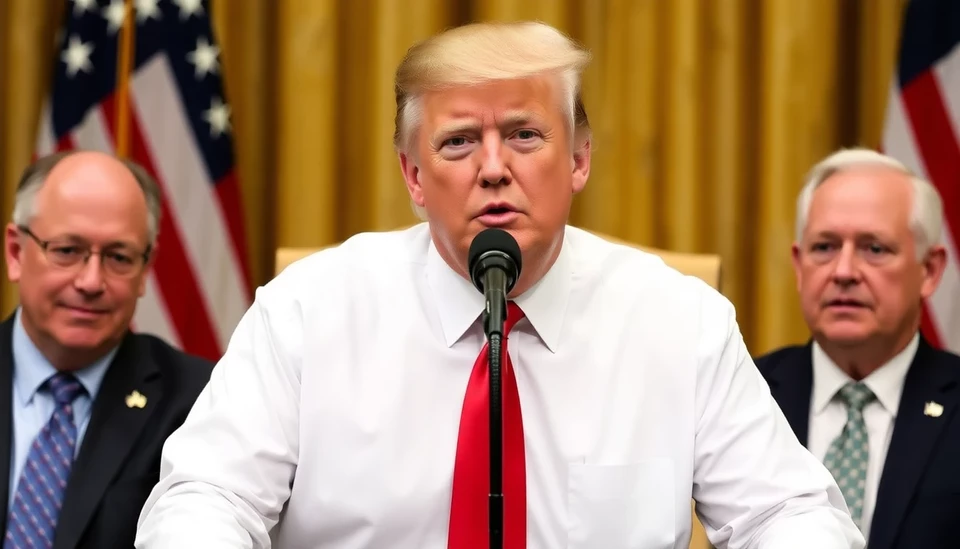
As the 2024 election approaches, a pivotal moment in American politics is set to unfold, with a host of key ballot initiatives and significant mayoral races capturing the attention of voters across the nation. These elections are not just about candidates; they represent critical turning points on social issues, economic policies, and local governance.
Beyond the well-documented presidential race, various key states and cities are gearing up for consequential votes that may shape the future of local and national policies. Among the hot topics are measures regarding abortion rights, recreational marijuana, and taxation initiatives, each reflecting broader debates occurring nationwide.
In the realm of mayoral elections, cities like Chicago, Philadelphia, and New York will be scrutinizing candidates who promise to tackle escalating crime rates, housing affordability, and public safety. The outcomes in these urban centers can significantly influence the political landscape, providing insight into voter sentiments amid rising concerns about urban governance.
Chicago is particularly noteworthy this election cycle. With incumbent Mayor Brandon Johnson facing multiple challengers, this race will be a litmus test for the Democratic Party's approach to issues like police reform and economic justice. If Johnson secures victory amidst criticism of his handling of crime rates and economic challenges, it might solidify the party's trajectory towards progressive agendas in urban areas.
Meanwhile, in Philadelphia, the mayoral race is heating up as candidates like former city council members and community activists vie for support. With rampant crime and issues surrounding public education dominating discussions, the election results here could signify a shift in policy direction that could reverberate through other cities facing similar predicaments.
Perhaps most intriguingly, New York City's mayoral contest is also anticipated to hold significant implications. Following the term of Mayor Eric Adams, candidates are expressing various stances on housing crises and the ongoing struggles with homelessness and economic disparity. Observers are keen to see if voters will demand a pivot towards more progressive or moderate candidates, underscoring the complexities of urban politics.
On the ballot initiative front, states such as Ohio and Nevada are poised to make headlines as voters decide on key measures that could redefine social landscapes. Ohio voters will weigh in on an abortion rights amendment, which, if approved, would protect reproductive rights at a time when such issues are intensely debated across the nation. Similarly, Nevada's proposed measures regarding recreational marijuana legalization are expected to stir passionate discussions about drug policy reform.
As November 2024 draws closer, the implications of these elections extend beyond state lines, mirroring the sentiments and issues that will likely dominate the national discussion. Citizens' responses to these ballot proposals and mayoral candidates may signal the direction of future national policies, especially as political polarization remains a significant challenge for the U.S.
The outcome of these races and initiatives will not only determine local governance but may also set the stage for federal policies influenced by grassroots movements and citizen choices at the polling booth. Voter engagement and turnout will be critical as the nation grapples with pressing social issues, confirming the notion that every vote holds immense weight in shaping the immediate and prolonged future of American democracy.
As we anticipate the unfolding of these pivotal elections, one thing is clear: the 2024 election cycle is ripe with opportunities for change and reflection on the values and priorities of the American populace.
#Election2024 #BallotInitiatives #MayorRaces #LocalElections #PoliticalLandscape
Author: Rachel Greene




